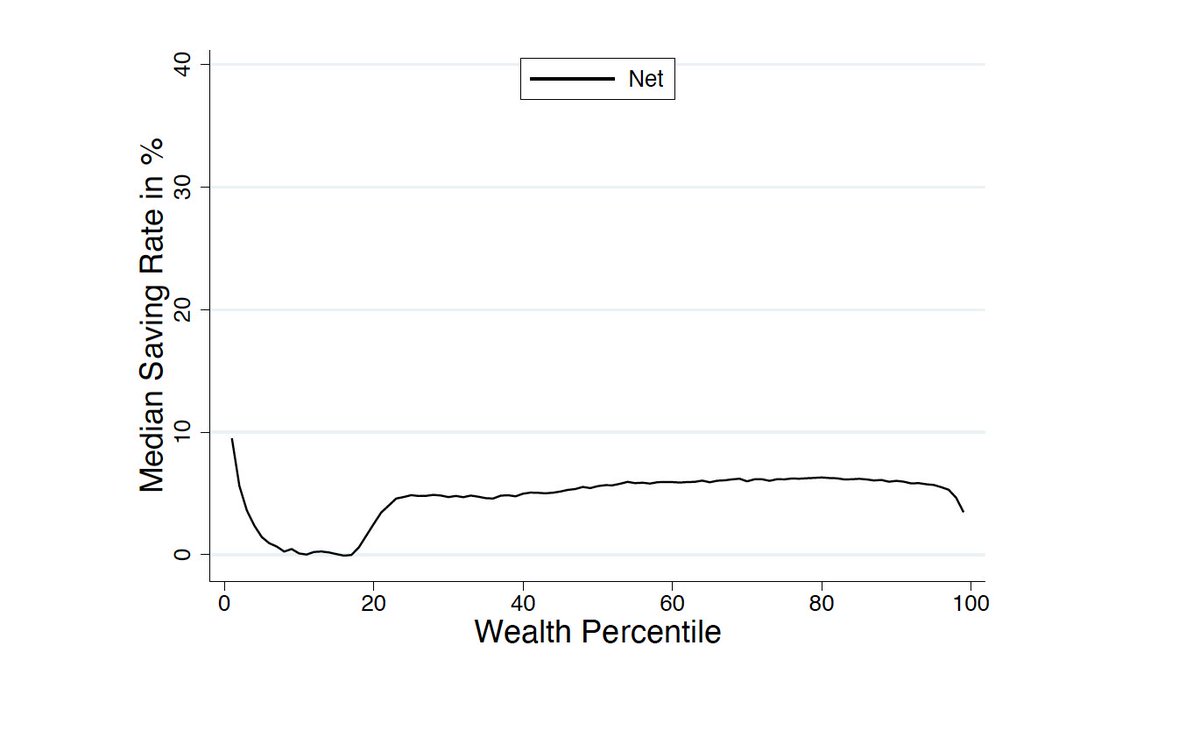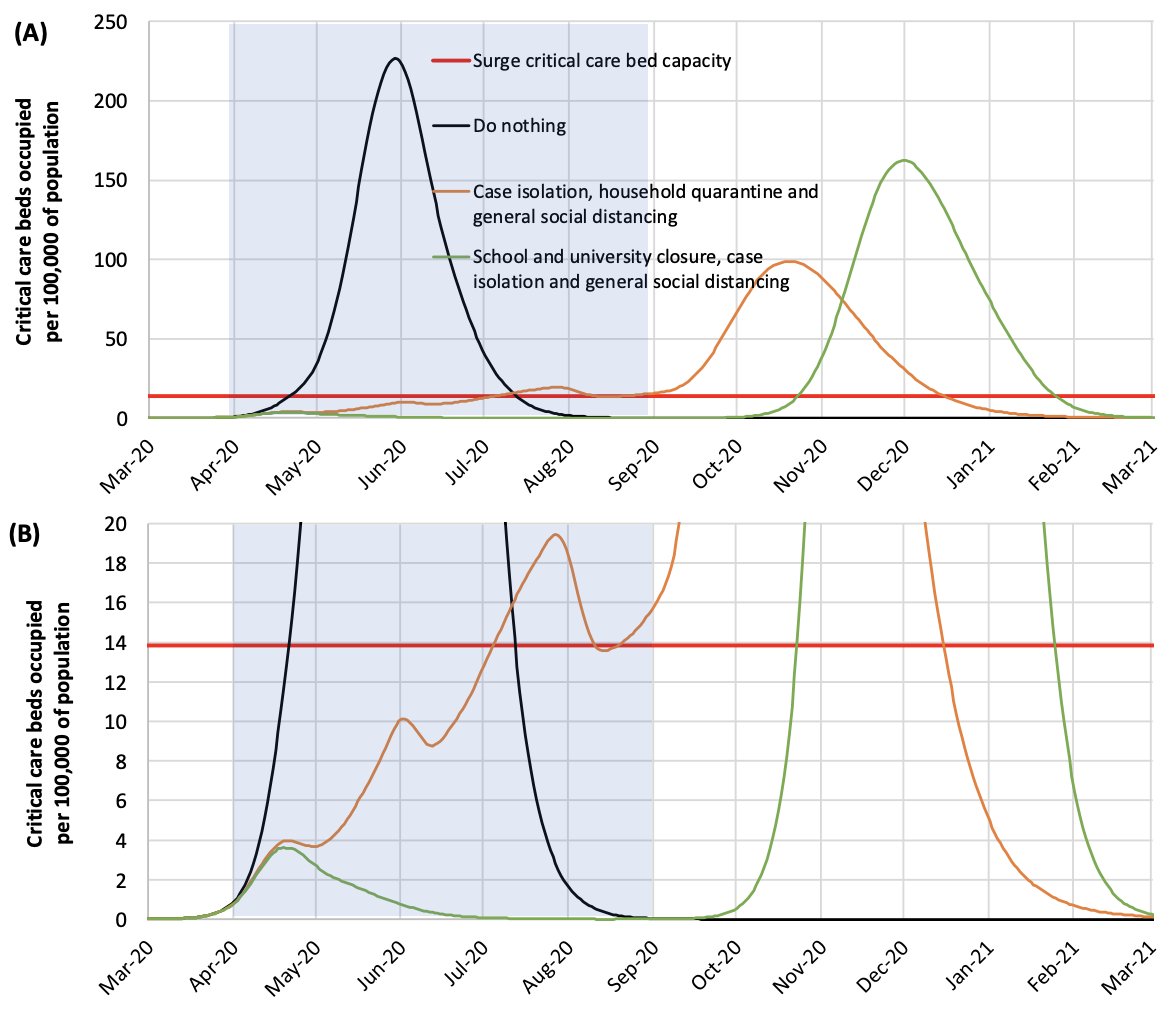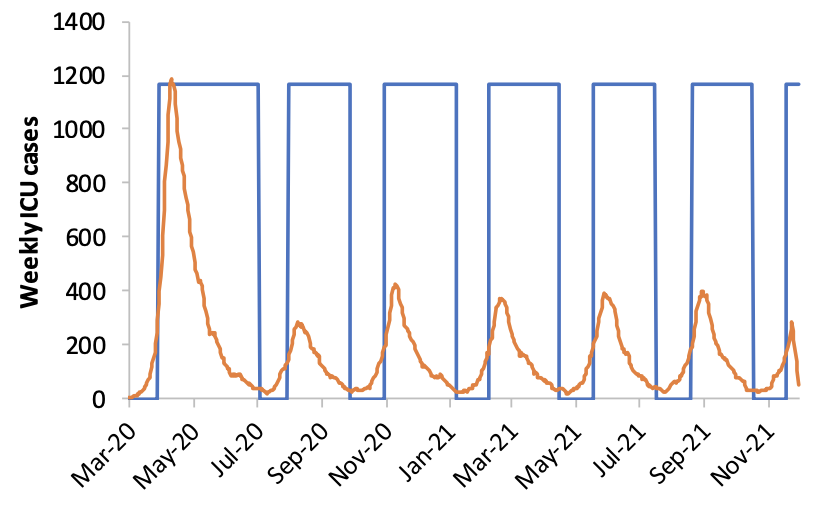
Interesting proposal to tax capital gains on accrual rather than realization. But isn't it a bit more complicated than "unrealized capital gains are the dominant form of income of the rich and should therefore be taxed"?
A short thread:
A short thread:
https://twitter.com/gabriel_zucman/status/1351909740670902275
Basic econ theory says: 1. source of capital gains matters, 2. whether you buy/sell matters.
Example: if only reason stock price increases is falling interest rates & investors just live off dividends/never sell, unrealized cap gains are just "paper gains" so why tax them?
1/
Example: if only reason stock price increases is falling interest rates & investors just live off dividends/never sell, unrealized cap gains are just "paper gains" so why tax them?
1/
That the source of capital gains should matter for how they are taxed is an old argument.
Here are two short papers I found, one from 1940 and one from 1979.
First, Paish (1940) jstor.org/stable/2550234
2/
Here are two short papers I found, one from 1940 and one from 1979.
First, Paish (1940) jstor.org/stable/2550234
2/

Second, Whalley (1979) -- definitely check out his super clear graphical analysis using a two-period model jstor.org/stable/41863202
3/



3/




I've previously written about this in related context: If a large fraction of the increase in wealth inequality is due to changing asset prices, should we care?
Bottom line: it depends. Again on 1. source of cap gains, 2. whether investors buy/sell.
4/
Bottom line: it depends. Again on 1. source of cap gains, 2. whether investors buy/sell.
4/
https://twitter.com/ben_moll/status/1277900052439216130
In summary: before changing cap gains tax policy in such ways, shouldn't we perhaps first develop a better understanding of the role of asset price changes in wealth accumulation and their welfare implications?
(To be clear: step-up of basis on death should def be abolished)
5/
(To be clear: step-up of basis on death should def be abolished)
5/
More generally, I think the wealth inequality and public finance literatures could benefit from taking asset price changes into consideration more carefully -- from putting the "finance" in "public finance" so to speak!
6/6
6/6
• • •
Missing some Tweet in this thread? You can try to
force a refresh

















